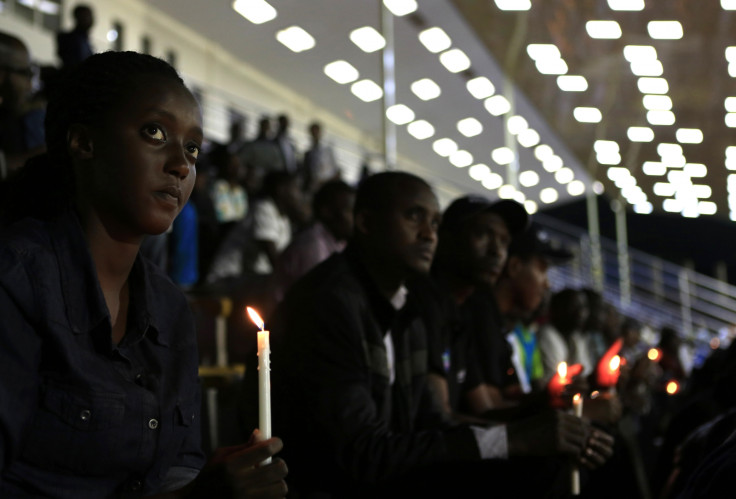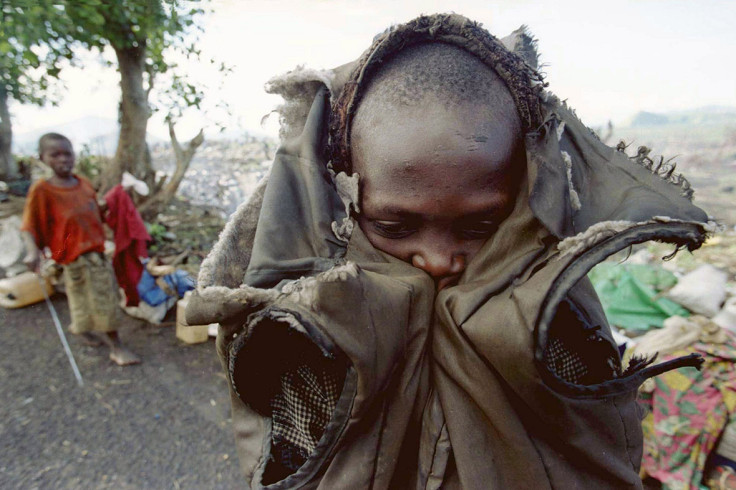Rwanda genocide: Right groups urge probe on French troops as new document revealed

Human right groups have called for an investigation of French soldiers suspected of complicity during the 1994 Rwanda genocide, in which more than 800,000 people – mainly Tutsis and moderate Hutus – were killed. The International Federation of Human Rights and two other groups have accused French troops who were active in the African nation in 1994 of abandoning Tutsis who were later killed by extremist Hutus.
What sparked the Rwanda genocide?
Tensions between Hutus and Tutsis ethnic groups started with the Belgian colonisation in 1922. The colonisers supported the Tutsi political power and exacerbated ethnic differences between Hutus and Tutssi by introducing the compulsory use of identity cards.
After a Hutu revolution led to the 1962 declaration of independence and the establishment of the Rwanda republic, led by the MDR-Parmehutu, the country was rocked by sporadic violence between the Hutu government and Tutsi rebels.
In 1990 the Rwanda Patriotic Front (RPF), formed by Tutsi refugees who had fled along with their families to Uganda due to ethnic violence in the previous years, invaded Rwanda, starting the Rwanda civil war.
The conflict lasted until 1994, when the genocide against the Tutsis was sparked after suspicions spread that the Tutsis had carried out an attack against the then Hutu president Juvénal Habyarimana, who died together with Burundi's President Cyprien Ntaryamira in a plane crash on 6 April 1994.
The groups claimed they were in possession of a fax from June 1994 that showed French soldiers had been informed that about 2,000 Tutsis were at risk of being killed in the Bisesero hills and that the intervention of the French army was needed.
"Certain elements of the French special forces with a clear mandate to halt the massacres were stationed about 5km as the crow flies from the crime scene with all the information, communications and equipment needed to mount a life-saving operation instantly," the rights groups said in a statement quoted by Reuters. "That did not happen."
The groups are asking French authorities to include the document in a judicial investigation into the role of French troops in Rwanda that began after genocide survivors filed a case in 2005. The groups – who are civil parties in the investigation – demanded Jacques Rosier and Marin Gillier, the then commander of special forces and head of a squad of marines, be indicted over the Biserero killings.

France's alleged role during genocide
Calls for a probe have been supported by Rwandan President Paul Kagame's claim that France backed the Habyarimana-led governments in the country and had a direct role in the genocide. France has also been accused of providing Hutu rebels with arms and trainings.
In 1994, Kagame was the head of the armed wing of the Rwandan Patriotic Front (RPF), formed in 1987 by Tutsi refugees in Uganda and now Rwanda's ruling party. The RPF fought against Hutu extremists and took control of the country in July 2014, putting an end to the genocide.
Kagame became president of Rwanda in 2000 and relations between the African nation and France have been deteriorating since. In 2008, Rwanda released a report accusing a French force sent to establish a "humanitarian safe zone" in 1994 of taking part in the killings of Tutsis and Hutus who hid Tutsis. French troops were also accused of raping Rwandan women.
Kagame reiterated France's alleged role in the massacres before the 20th anniversary of the genocide in 2014. France has denied allegations of complicity and maintained that its troops worked to protect civilians. In April, France declassified documents relating to the 1994 genocide after President Francois Hollande said the country had to be transparent over its role during the civil war and "facilitate remembrance".
© Copyright IBTimes 2025. All rights reserved.






















